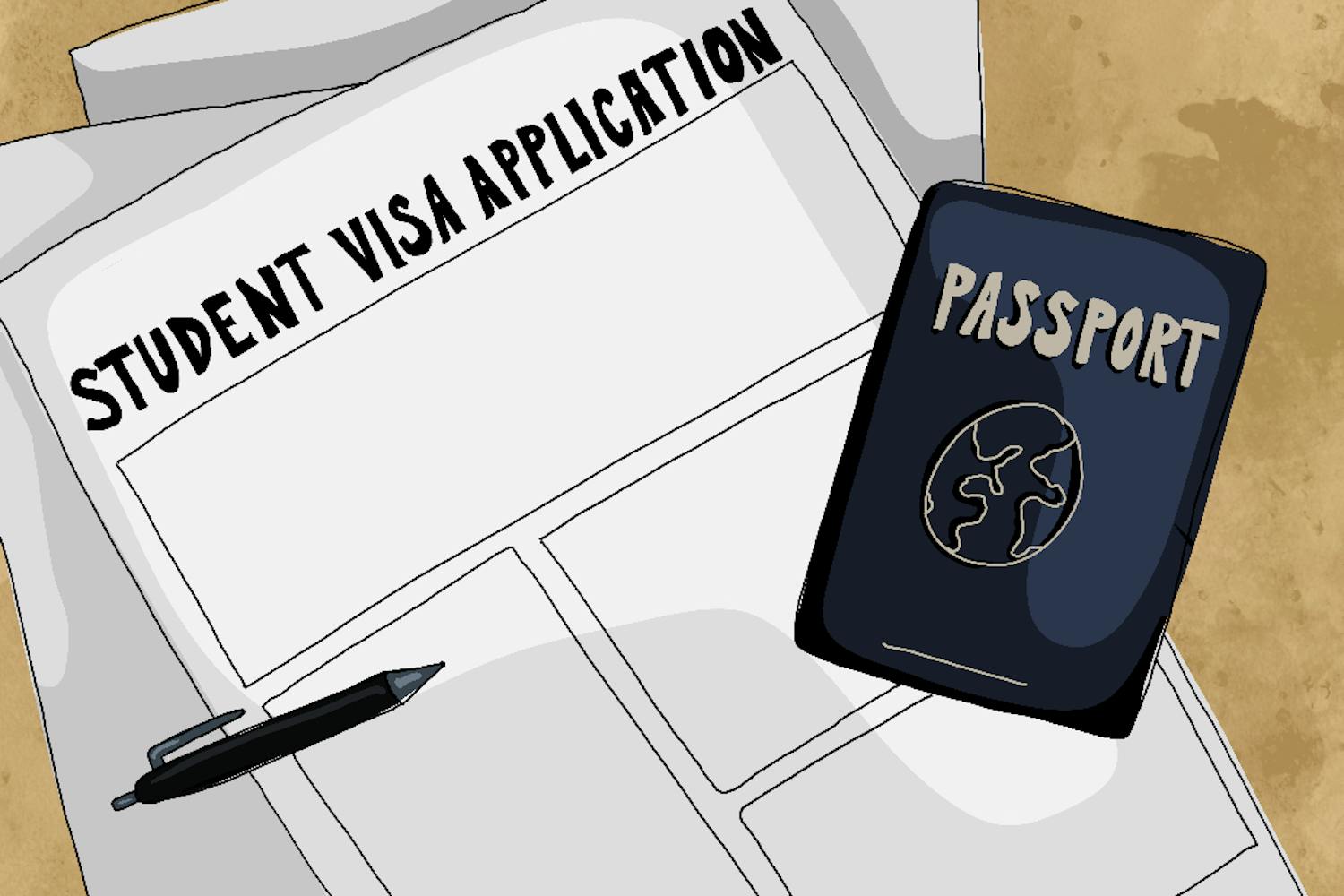The Associated Students of ASU Supreme Court decided on two complaints from students last month while campaigning in the Undergraduate Student Government elections that occurred on March 30-31.
The court sided with the Elections Department in one case, in which two senatorial candidates used copyrighted material on social media campaign posts. In the other case, the court sided with the accused, removing the infraction points awarded to an executive ticket.
READ MORE: 2021 USG election results announced
Despite the court hearings, all candidates involved in the cases continued their campaigns and ran in the elections. In last year's election, the ASU Supreme Court decided on four complaints, and one of the losing USG Tempe president candidates, Max Fees, filed a federal lawsuit over the election results.
Elgamal v. Elections Department
On March 16, Arjun Rondla filed a complaint against Ainor Elgamal and Miguel Ortega-Romero, all of whom were senatorial candidates for The College of Liberal Arts and Sciences in Tempe.
Rondla claimed that Elgamal and Ortega-Romero used ASU copyrighted images on various social media posts, thus violating the USG election code. The Elections Department issued six infraction points to each candidate, who jointly appealed the decision.
The court found that the candidates’ use of the ASU logo on social media posts violated both the contract and the election code, which both Elgamal and Ortega-Romero had signed and agreed to abide by. The court wrote it gave them an “unfair advantage over other candidates who did not violate 6.2-2 of the Elections Code.”
Associate Justice Chase Gordon dissented alone from the majority, maintaining that Elgamal and Ortega-Romero did violate the election code, but the claim on injury lacked sufficient evidence to be proven. Ultimately, however, the court upheld the Elections Department's decision to issue six violation points to both Elgamal and Ortega-Romero.
"While the elections code can assign hefty penalties for seemingly minor campaign violations, every candidate has a responsibility to read and comply with the elections code," Rondla, the sophomore studying political science, said in an email.
Though the court struggled to prove significant injury, Rondla, along with the Elections Department majority decision, said he believes there is "implied injury when a candidate is able to campaign in violation of the elections code but others are not."
The election code requires parties to be notified of any complaints filed against them within one day of it being filed, but Elgamal and Ortega-Romero had not been notified of any complaints until a decision had already been reached.
Because the candidates had “no opportunity to dispute or defend any claims against them,” the court issued three violation points to the Tempe Elections Department.
In concluding its decision, the court recommended the election code be amended to define the term injury and include a standard to which the plaintiff needs to prove injury in a complaint.
Hostal v. Elections Department
In late March, the Hopkins executive ticket, with John Hopkins for president, Torie Hayes for vice president of services and Taryn Quigley for vice president of policy, filed a complaint against the Hostal executive ticket with Kate Hostal for president, Alexander Lewis for vice president of services and Aidan Sigmund for vice president of policy.
The original complaint claimed the Hostal ticket failed to list its campaign staff manager on the official Campaign Staff Roster.
The Elections Department issued three violation points to the Hostal Ticket, who then appealed the decision.
In its ruling, the decision said the matter reached the court “for a myriad of wrong reasons.” The Elections Department cited the wrong clause of the election code when rendering its decision, and the court deemed it “flawed and improper” at its core, the ruling said.
The court sided with the Hostal Ticket, removing the three infraction points and ordering the Elections Department to reverse the violation against them. The court also remanded the original complaint back to the department for reevaluation using the correct standards in the election code.
Elgamal, Ortega-Romero, the Hopkins ticket and the Hostal ticket did not respond to requests for comment.
Reach the reporter at omccann1@asu.edu and follow @ocmccann on Twitter.
Like The State Press on Facebook and follow @statepress on Twitter.
Continue supporting student journalism and donate to The State Press today.




